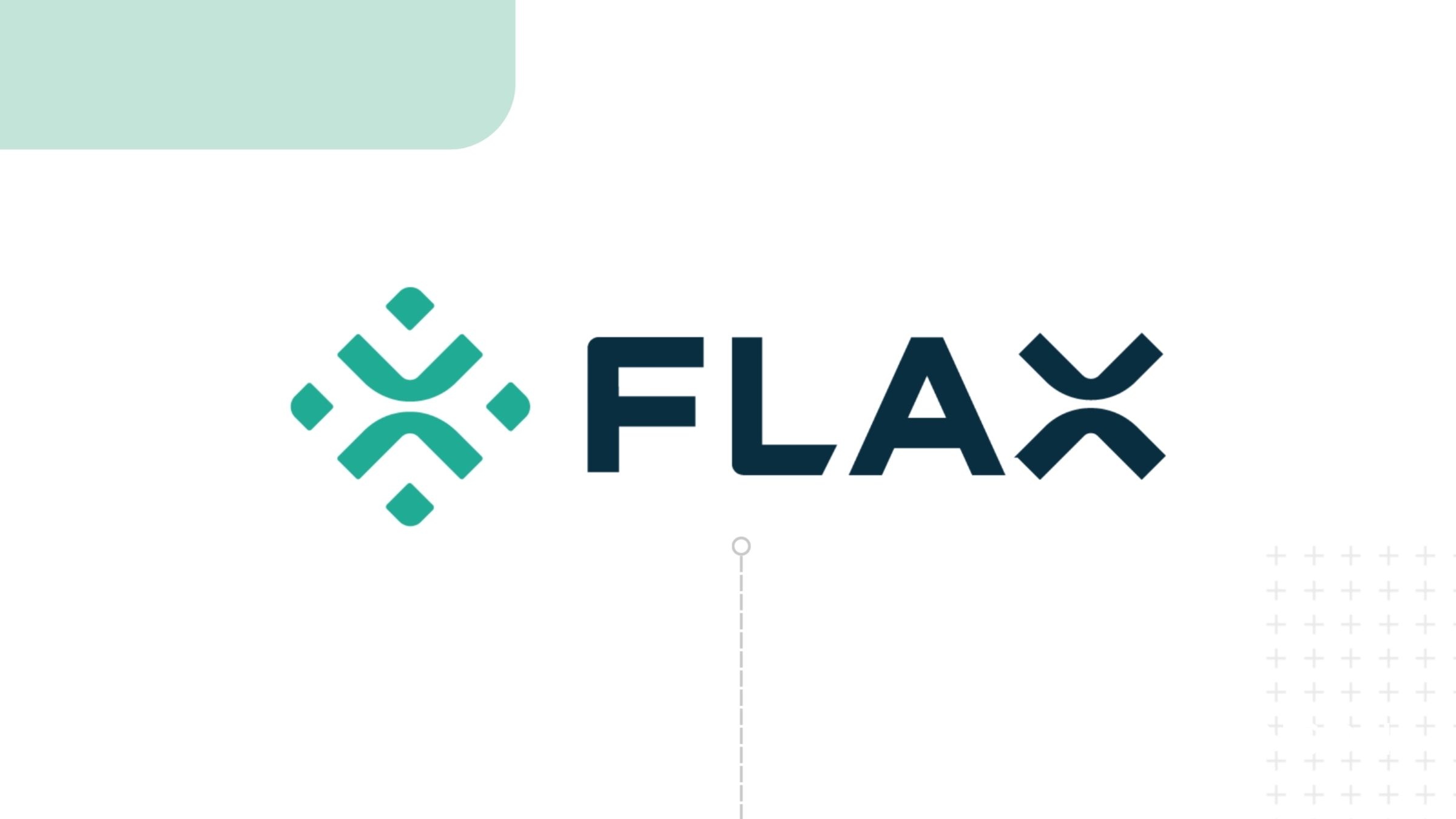
Healthcare’s administrative burden has reached a breaking point. At the bedside, clinicians juggle patient care with forms and data entry; nurses lose 30+ hours each week to non-clinical tasks. Under that pressure, documentation gets rushed and inconsistent—key details are missed, and records end up incomplete. Those gaps cascade downstream: claims are denied, appeals rarely succeed, and providers absorb the cost of care. Finance teams are left trying to bill from partial records and recover reimbursement that often slips away.
This isn’t just about efficiency; it’s about improving the quality of care for patients. With reimbursement pressures intensifying and staffing shortages persisting, operators need tools that can simultaneously reduce administrative burden and unlock legitimate revenue streams, so that healthcare providers can focus on care delivery and be properly compensated for their service.
That’s why we at Sorenson Capital are excited to co-lead Flax’s Pre-Seed funding alongside Pear VC.
The Hidden Revenue Crisis in Post-Acute Care
These challenges are particularly severe in post-acute care, where skilled nursing facilities, home health agencies, and hospice providers operate in one of healthcare’s most complex reimbursement environments. Under the Patient-Driven Payment Model (PDPM), accurate documentation directly determines reimbursement rates through case mix index calculations. Yet most facilities struggle to capture the full complexity of care they provide to their patients with the PDPM calculation structure.
Clinical data remains fragmented across referral portals, EHRs, and manual workflows. Teams lack the tools to efficiently extract meaningful insights from patient records, which leads to systematic undercoding and lost revenue. The appeals process for denied claims remains largely manual, requiring clinical staff to spend hours building cases from scattered documentation and records.
“We built Flax to reduce the administrative burden of digesting and acting on patient notes – the key first step in almost every major workflow in healthcare,” said Trent Hazy, CEO of Flax. “When facilities have a more complete view of each patient, they deliver better care, run more efficiently, and see stronger financial outcomes.”
Innovation Through AI: The Flax Approach
Flax addresses the core clinical burden for patients and providers of care. For Flax, it isn’t just about applying AI to existing manual workflows – it’s about fundamentally rethinking how clinical data should be structured, analyzed, and leveraged across the care continuum, while always putting the patients and providers first.
While traditional healthcare IT solutions try to use AI to automate workflows in their legacy platforms, Flax treats clinical data as the fundamental building block of their platform. By solving the data problem first, they can then automate the complex workflows that drain clinical staff time and generate new revenue opportunities.
The platform’s three integrated modules work seamlessly together:
Admissions Intelligence – Automatically synthesizes patient data from referral portals, highlighting key clinical details and flagging potential risks. Admissions teams make faster, more confident admissions decisions and eliminate surprises down the road.
Intake Automation – Pre-populates forms with existing patient data and enhances MDS accuracy, streamlining the intake process. By reducing manual data entry and improving documentation quality, staff gain time back to focus on patient care.
Claims Support – Levels claims accurately from the start and supplies the necessary documentation throughout the process to minimize denials. By proactively addressing ADRs (additional documentation requests) and building clinically supported claims, facilities improve recovery rates and significantly reduce write-offs.
Immediate Impact Where It Matters Most
What sets Flax apart is its immediate, measurable impact. Early customers report saving an average of 11 hours per staff member each week. Some have even reduced admissions team headcount, unlocking more than $70,000 in bottom-line gains. By documenting and assessing patients more thoroughly, customers also see improved CMI and generate thousands in extra revenue each week.
Taken together, these results highlight a larger trend, where healthcare AI has moved beyond experimental pilots into production deployments that generate real business outcomes. Post-acute care providers face unique documentation requirements, complex reimbursement models, strict compliance obligations, and severe staffing constraints. Automation is no longer optional.
As value-based care models expand and reimbursement scrutiny intensifies, the providers who win will be those who can efficiently document complex care while maximizing legitimate revenue opportunities.
Why This Team, Why Now
Flax’s founding team brings the perfect combination of healthcare domain expertise and AI platform experience. Trent and David, both repeat founders, possess complementary skill sets that uniquely position them to solve this challenge.
Trent brings extensive experience in building AI and automation products at Microsoft, with a deep understanding of both the technical requirements and product discipline needed to deploy AI systems at enterprise scale. David’s PhD work at Georgia Tech focused specifically on extracting insights from clinical records – the exact technical innovation at the heart of Flax’s platform.
Healthcare’s AI-Native Future
AI represents a fundamental shift in healthcare operations. Just as electronic health records transformed clinical documentation two decades ago, AI-powered platforms like Flax will reshape how providers manage the business of healthcare through capabilities that were impossible without AI – from real-time case mix optimization to automated appeals generation.
Providers who adopt these capabilities early will have significant competitive advantages: better financial performance, reduced administrative burden, and the ability to focus resources on patient care rather than paperwork.
Our Conviction in Flax’s Vision
At Sorenson Capital, we back teams building foundational systems that will define how businesses and industries at large operate in an AI-native world. Healthcare represents one of the largest opportunities for AI to create meaningful impact – enabling better care delivery and improved financial sustainability for providers.
“Flax is turning documentation from a cost center into a strategic asset. When you fix the data, you fix the workflow. That unlocks time for clinicians and dollars for operators,” shared Eric Hilton, partner at Sorenson Capital.
For healthcare operators in skilled nursing, home health, and hospice, this represents an opportunity to adopt purpose-built AI that will define the future of care delivery. The question isn’t whether AI will reshape healthcare operations – it’s whether providers will lead that transformation or be left behind.
We’re excited to support Flax as they build the AI-powered future of post-acute care, where administrative burden becomes a competitive advantage and clinical excellence drives financial success.




